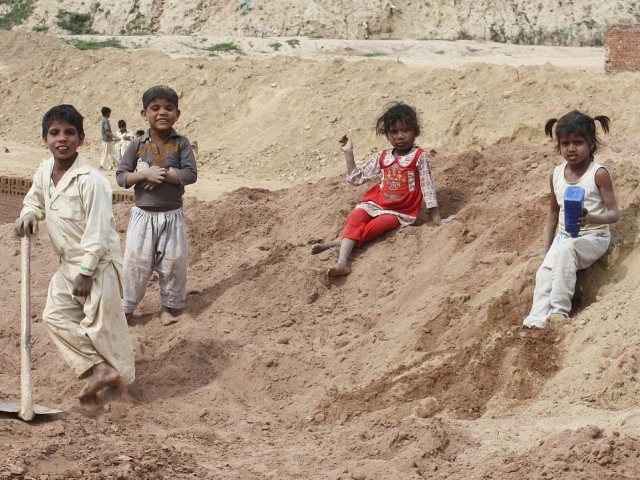
The number of borstal institutions in Punjab is two, with only a percentage of the total number of child delinquents admitted to them. Borstal institutions provide education and corrective training which are critical to modifying child behaviour. It is, therefore, important that the number of institutions be increased to accommodate more. Also, considering the sensitive nature of working with juvenile delinquents, workers in these institutions need to be trained in child and adolescent development, prior to hastily establishing new institutions.
According to UN conventions, children are only to be detained as a last resort and for a minimum period of time. However, our children have been sentenced to serve time for 25 or more years. Similarly, a ‘best interests’ principle is to be deployed when deliberating a decision, which includes taking a child’s background and family history into account. Presumably it would be difficult to find stakeholders who apply such effort to deciding a child’s fate. The country’s child protection laws are outdated and need to be reformed so as to protect the needs of modern-day children and to help the child’s development rather than to punish.
Published in The Express Tribune, May 27th, 2015.
Like Opinion & Editorial on Facebook, follow @ETOpEd on Twitter to receive all updates on all our daily pieces.



1730965998-0/BeFunky-collage-(27)1730965998-0-165x106.webp)
1731933289-0/BeFunky-collage-(68)1731933289-0-165x106.webp)







COMMENTS (1)
Comments are moderated and generally will be posted if they are on-topic and not abusive.
For more information, please see our Comments FAQ